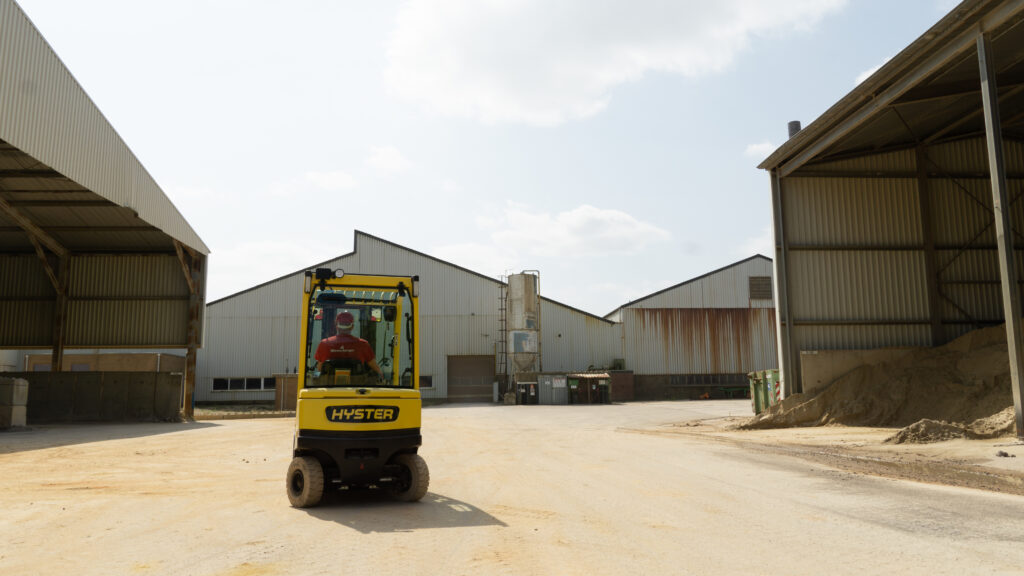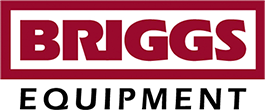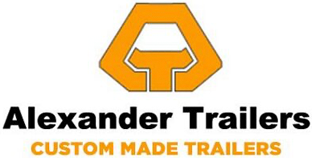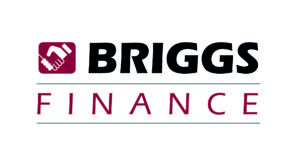
A lithium-ion battery is a rechargeable energy source which is powered by electricity, rather than fuel. They can be used for a whole variety of products, such as mobile phones, power tools and machinery.
Electric and lithium-ion battery operated machinery has become far more prominent within the industry in the past few years. Despite this, many are still unaware of the main benefits and drawbacks to the switch – that is not to say that battery powered machinery cannot work well alongside traditional LPG or diesel engines.
Unlike many of our competitors, we do not manufacture our products. This means that we can provide an unbiased viewpoint. We seek only to find the solution that is best for your business and are not driven to make a return on research and development investments.
What are the benefits of lithium-ion batteries?
Comparing lithium-ion batteries to lead acid batteries, the charge time is incomparable. Lithium-ion batteries can charge from empty in 1-2 hours. In comparison, the standard charge time for a lead acid battery is eight hours. By minimising charging time, machine uptime can be managed far better, and productivity will not diminish as a result.
Another benefit of lithium-ion batteries is their life cycle. In contrast to lead acid batteries, it is clear to see that they have a far more prolonged lifespan. At 80% discharge, a lithium-ion battery can take around 2,500 cycles; around 40% more than lead acid batteries which can only take around 1,500. At 100% discharg,e the lithium-ion battery can take around 2,200 charge cycles, at 50% discharge around 4,000 and at 20% discharge almost 8,000.
Comparing the lifespan and the energy cost of lithium-ion and lead acid batteries, a lithium-ion battery generally will have up to a 10-year lifespan, with a cost of recharge amassing £3,000. A lead acid battery however, would last for up to 5-years and would cost up to £20,000 over this period.
In comparison to LPG or diesel engine machines, lithium-ion batteries will ensure zero warehouse emissions, providing long-term health benefits to workers and contributing to relevant emission targets that your business may have set up already.
In terms of general cleanliness and health and safety, lithium-ion batteries eliminate the risk of spillage and pollution to the operating environment as they are sealed within their casing whereas traditional lead acid batteries are unsealed to enable them to be topped up. The topping up process for lead acid batteries can become messy if spillages occur.
If you think lithium-ion could improve efficiency in your organisation, why not contact us and speak to a member of our friendly team for more information?












